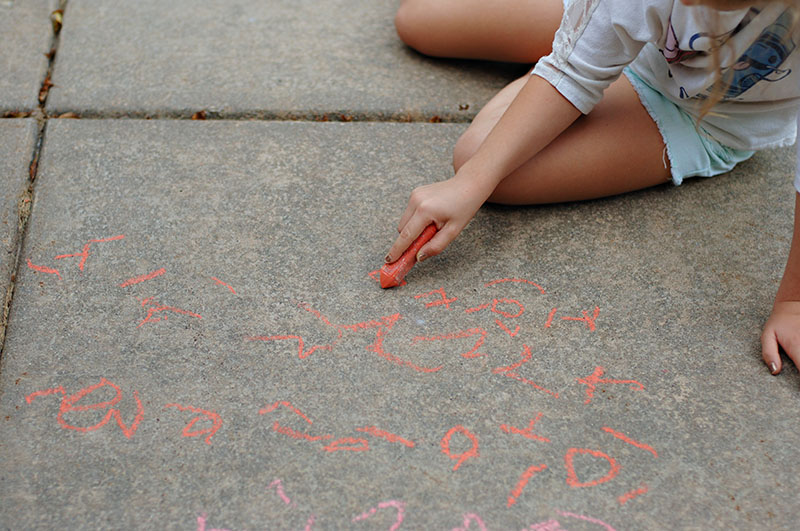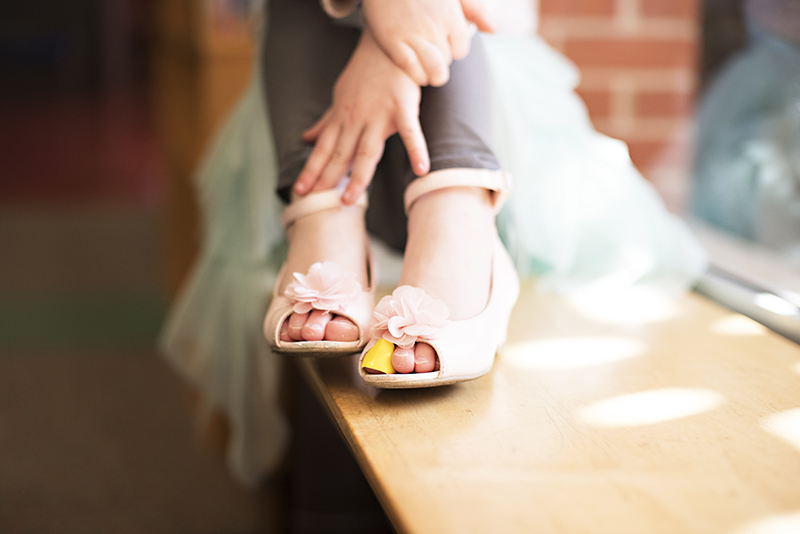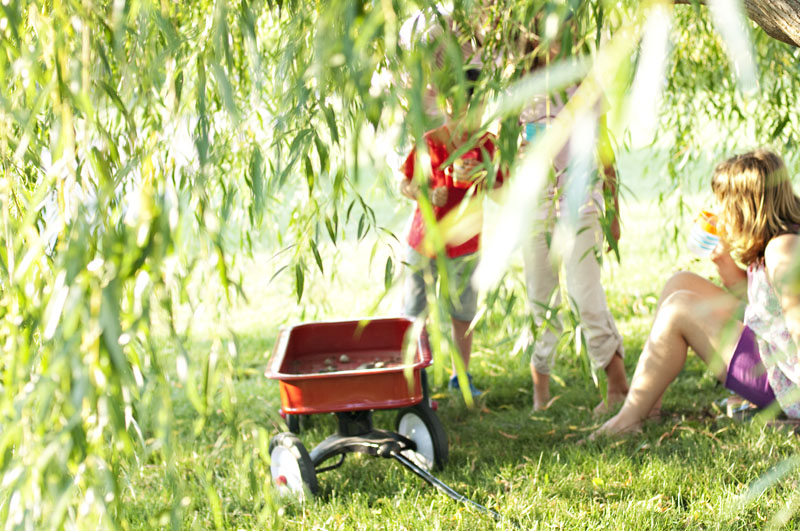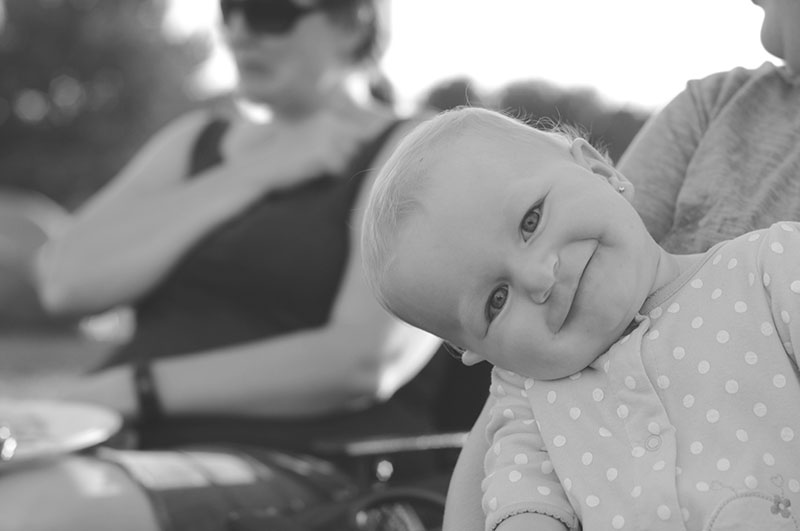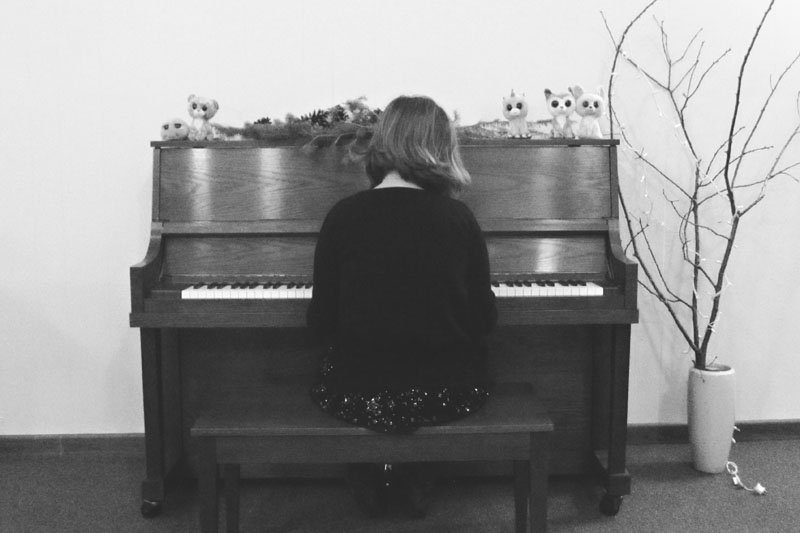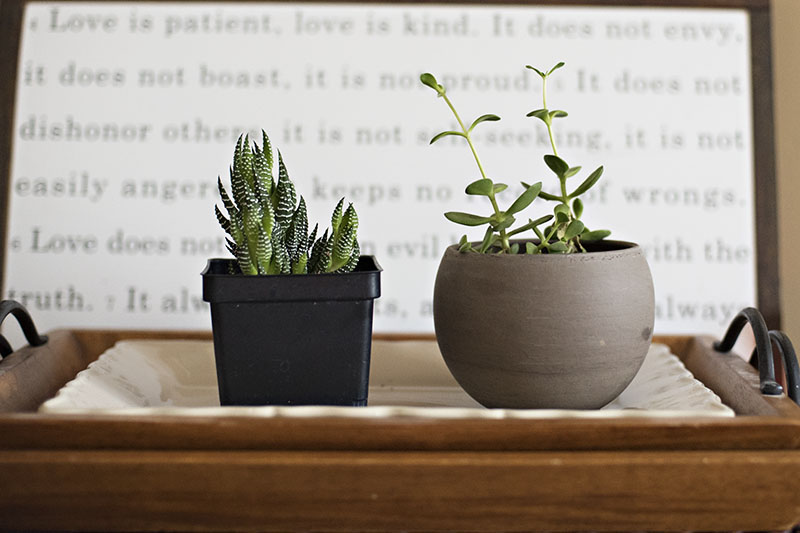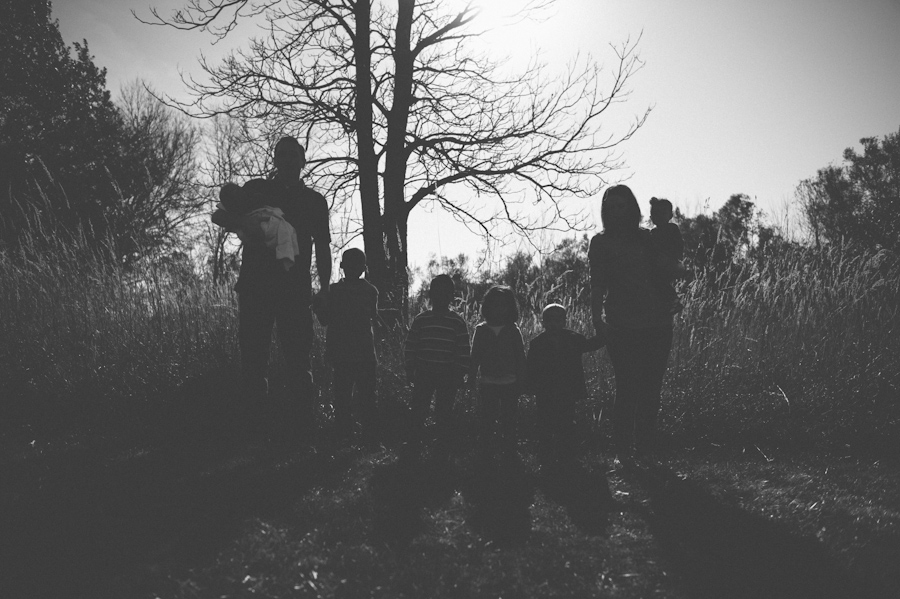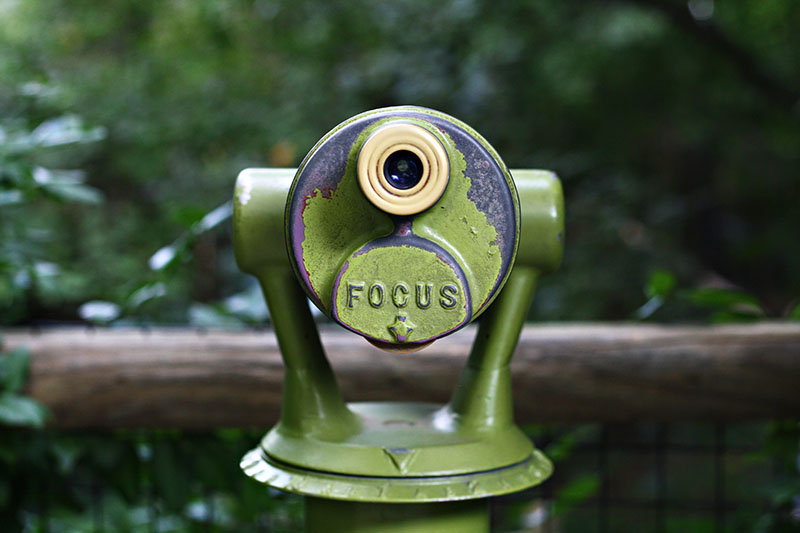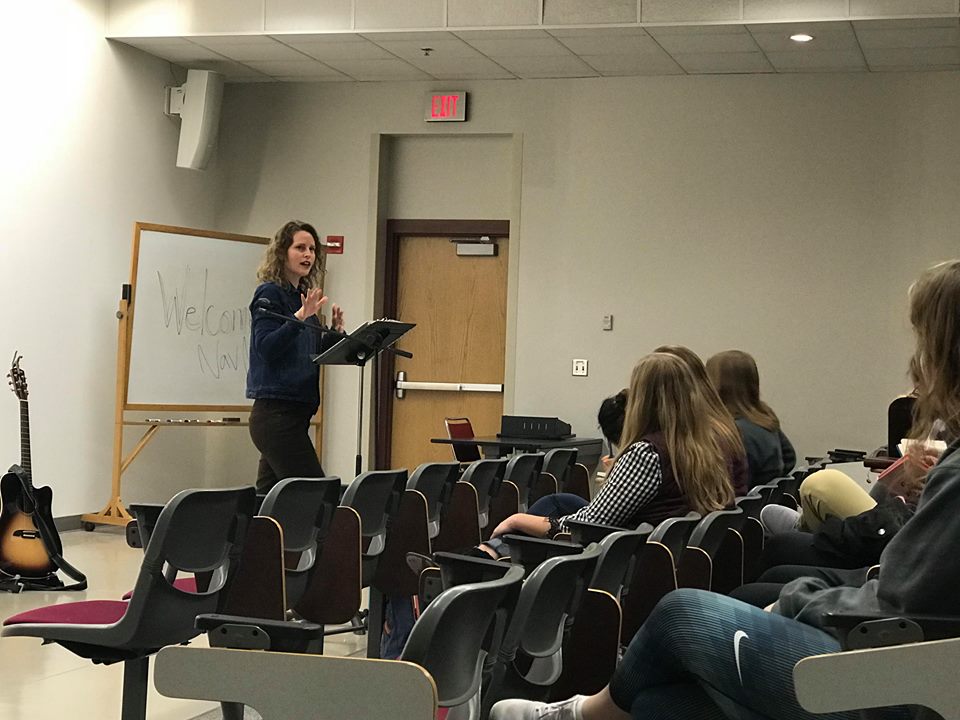January 16, 2019
by Maralee
1 Comment
Full disclosure: I did not want to watch “The Good Place.” And I didn’t watch it for a long time. Something about a depiction of the afterlife without any kind of theological accountability made me itchy. I still have itchy moments, but there were other feelings too. I know not everybody has this reaction, but there was a moment during the first season where I got a little weepy at the realization that my picture of heaven has been too small, too confined, too uninspiring. I know I can’t really comprehend heaven, so my default has been to just not think about it much. I trust God has it figured out and that’s enough for me. But this show made me think about what a creative God could do with the vast expanse of eternity and how perfectly suited it might be to the kind of people he made us to be. The show also made me think about some of my own struggles with morality math and the hope that my good will just outweigh my bad. It’s not true, but it’s how I live sometimes. And if you want a show to remind you of the concepts you learned in your college philosophy class, this is the one. I’m not necessarily recommending this show to everyone, but there was an episode recently worth referencing.
I have been catching up on the third season. In episode 6 the main character, Eleanor, is back on earth and sees what has happened to her mom in the years since she last saw her. It turns out her mom faked her own death and is now living a beautifully basic life under an assumed identity with a husband and stepdaughter she loves. The person who was the source of instability and pain in Eleanor’s childhood is now a functional, nurturing, involved parent. This is difficult for Eleanor to make peace with.
Michael: Come on, Eleanor. I changed, you changed, maybe she changed too.
Eleanor: No. No way.
Michael: Why can’t you accept that she might be living a good, honest life— that she’s an attentive partner and a good mom?
Eleanor: Because I wanted that mom! I wanted the mom who made me afternoon snacks instead of just telling me to look for loose fries in the McDonald’s ball pit. Why does Patricia get that mom? If Donna Shellstrop has truly changed, then that means she was always capable of change, I just wasn’t worth changing for.
Michael: I know as your self-appointed father figure I’m supposed to say something comforting here, but I’m, I’m kind of stumped.
As I watched that part of the episode, it hit a little close to home.
As a parent of adopted kids who experienced some level of early childhood trauma, it is a struggle to help them process their mixed feelings about the people who gave them life. There are days I think the most painful thing to imagine is that those parents will continue unhealthy patterns. And then there are days. . . there are days the most painful thing to talk through with my kids is that maybe those people will become the kinds of parents who would make afternoon snacks, but just not for them.
Unselfishly, we want them to be healthy. We want them to make good choices and potentially be capable of being nurturing, safe parents in the future. But what are the implications of that process? As a child, how do you not struggle with feeling like you weren’t worth changing for? How do you make peace with a parent who now wants to be involved in your life, but wasn’t willing to make the sacrifices necessary when it mattered most? Continue Reading →


